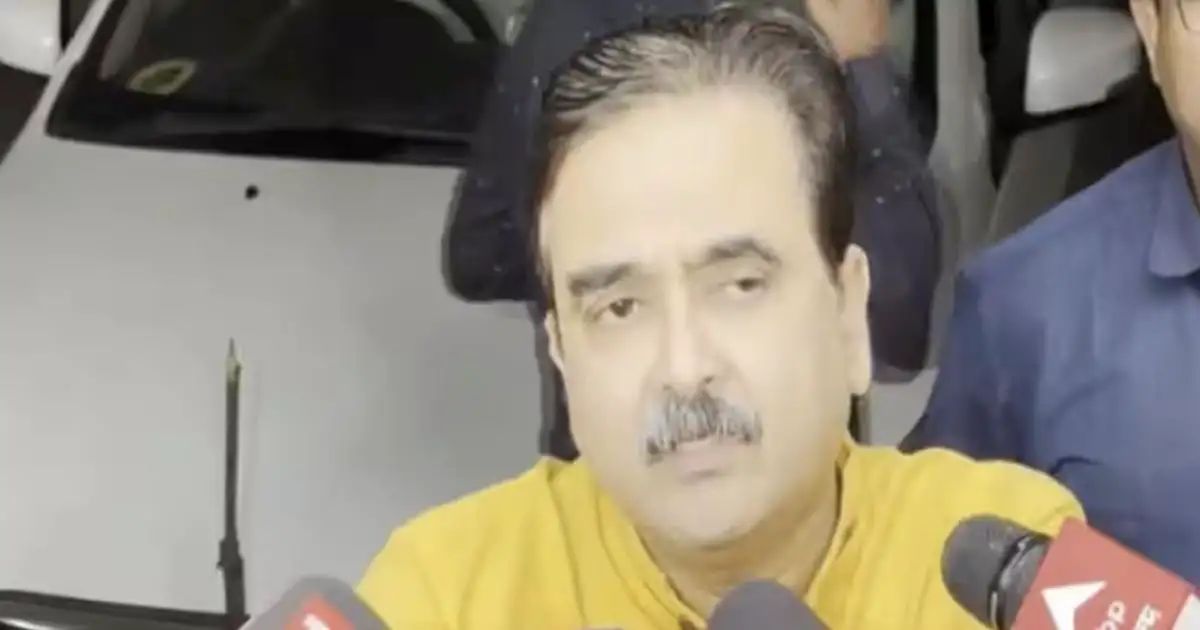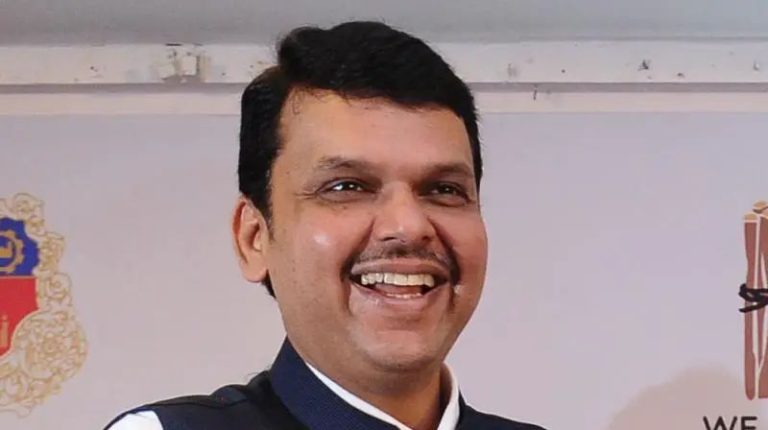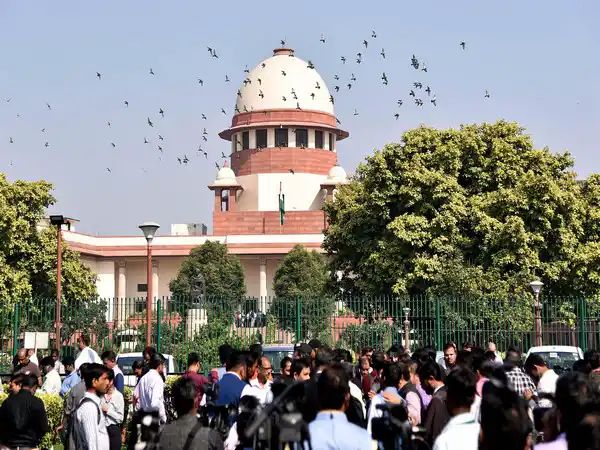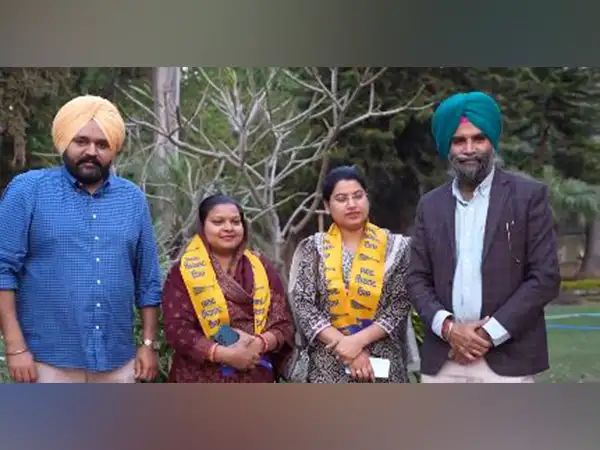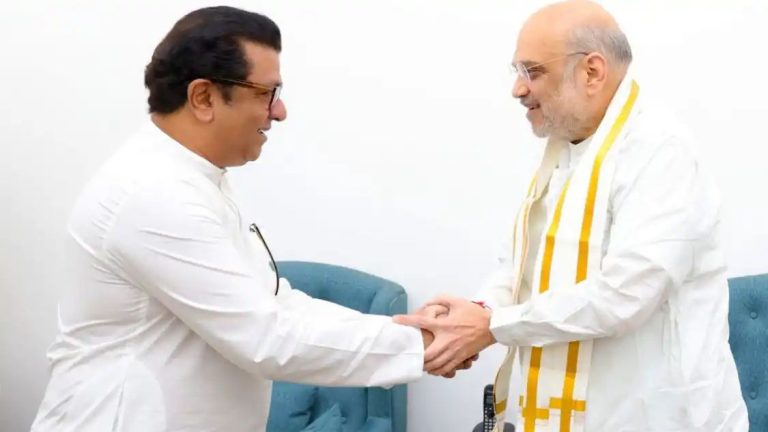Why a Calcutta High Court judge joining BJP has raised questions about judicial independence
On January 25, West Bengal’s advocate general Kishore Dutta made a startling prediction in court: he told Justice Abhijit Gangopadhyay that the judge would soon join the Bharatiya Janata Party and contest the Lok Sabha elections.
Gangopadhyay’s time in the High Court was marked by a number of orders against the West Bengal government that politically harmed the Trinamool Congress.
Dutta’s prediction came true on Tuesday as Gangopadhyay resigned from the High Court and announced that he will join the Bharatiya Janata Party. On Sunday, he had declared in a television interview his intention to quit the judiciary and join electoral politics.
He was due to retire from the court in August. His tenure at the bench had commenced in May 2018.
A sitting judge of a constitutional court demitting their office to join politics is unusual, although not unprecedented. However, the manner in which Gangopadhyay has done so, announcing his intention to join politics whilst being a sitting judge, raised concerns about the independence of the judiciary, according to legal experts.
Courting controversy
Over the last few years, Gangopadhyay has garnered notoriety due to his outspokenness and alleged disregard for the norms relating to the public conduct of judges.
